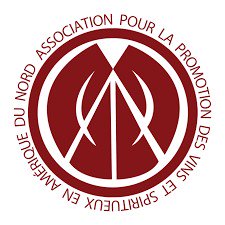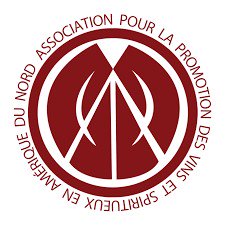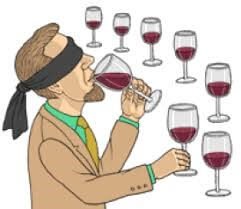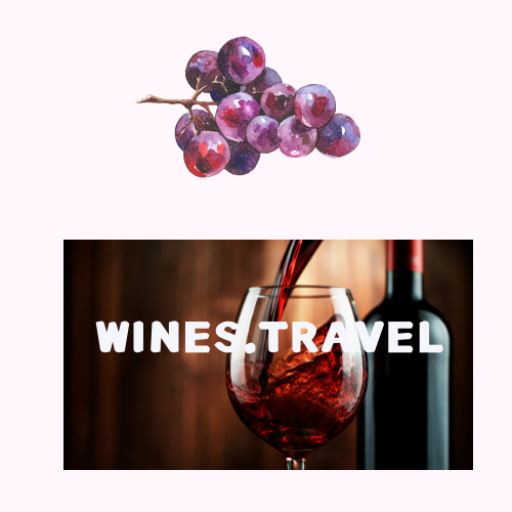
Tasting wines, blind
Tasting Blind
Wine industry professionals (i.e., winemakers, writers, sommeliers, researchers, educators, buyers, sellers, importers, sales managers) have many ways to spend their days: Harvesting grapes, meeting with customers, researching trends, wine tastings, and, one of my favorites, joining a group for a blind wine event. A few days ago, I spent a grey New York afternoon, exploring red, whites, roses and sparkling wines from France at a hotel in Manhattans Upper Westside.
Blind tastings (without knowing the wine’s producer, origin, or other details available from a wine label or winemaker) has become a significant determinant of wine quality and value. Wine executives claim that blind tastings are the best, most neutral, least-biased and most honest evaluative procedure and should be used (to the exclusion of non-blind/sighted tastings) to determine wine excellence. According to Marvin R. Shanken and Thomas Matthews (2012), “The only way for a scrupulous critic to guarantee unbiased judgements is to review wines in blind tastings.”
The AVPSA Event

Organized by the Association for the Promotion of Wines and Spirits in North America (APVSA), a non-profit organization with the mission of exporting wines in/to North America, the Executive Director, Pascal Fernand, scheduled a small group of wine pros to assist him in selecting the next collection of wines he would introduce to the New York/USA market in May.
possible to reach millions worldwide
Google News, Bing News, Yahoo News, 200+ publications
Based in Canada, APVSA works with 300+ producers (representing approximately 3000 wines/spirits) that are “waiting in the wings” and have the potential for success in USA and Canadian marketplaces. Fernand is constantly assessing wine trends in the USA/Canadian markets, determining the wines that are most likely to meet the ever-changing/dynamic palates of wine/spirit consumers, considers their demographics and psychographics.
Advantages of Blind Wine Tasting

The principle advantage of a blind tasting is the opportunity to assess the wines/spirits free of any external bias. Without knowing the producer, price or even the appearance of the bottle, it is up to the eye, nose and palate of the taster to formulate an opinion on what is in the glass. In theory, this puts all the wines/spirits on the same playing field without anyone able to make excuses. READ THE FULL ARTICLE AT WINES.TRAVEL.
